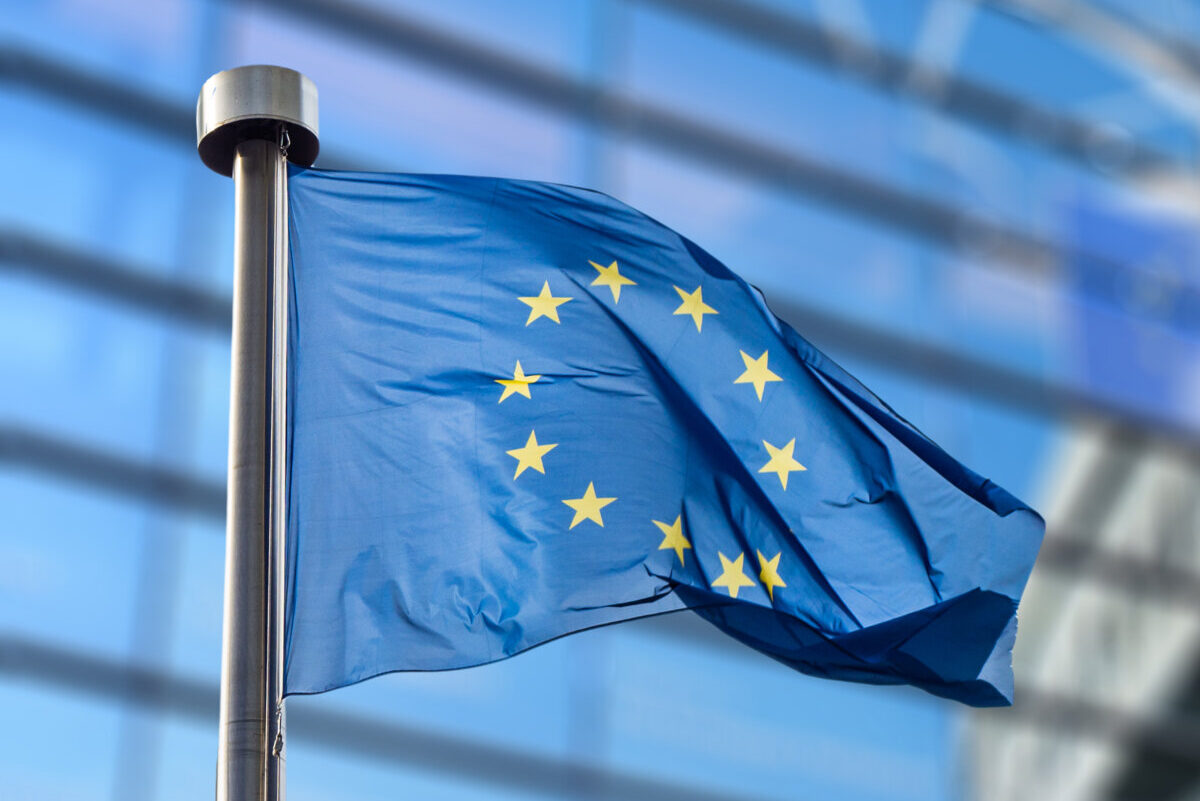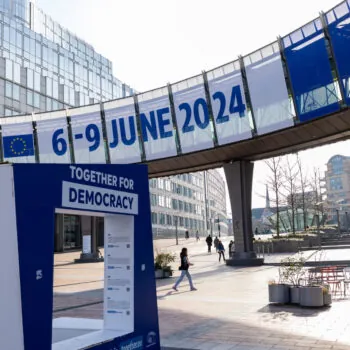The much-awaited Commission’s ‘RePowerEU’ strategy is the main focus of public attention. In the meanwhile, the Environment (ENVI) Committee of the European Parliament is getting ready to vote on the first batch of legislative proposals of the ‘Fit for 55’ climate package. This is happening outside of the spotlight, but signifies a critical test of the Parliament’s credibility on the timely delivery of the European Green Deal and climate agenda in the new geopolitical context.
The Committee has the opportunity to realign and repower the climate and energy agendas. They must seize this moment to increase ambition of the ‘Fit for 55’ package, enabling the delivery of a just transition centred on a sustainable, crises-resilient future. Failing to support progressive measures in the proposals would risk the delivery of the EU’s long-term climate commitments and send confusing messages for short and medium-term measures, including those included in the RePowerEU package.
The critical vote of the European Parliament
After months of intense internal negotiations and a very disrupted political agenda, MEPs will define their first position on some critical files for the EU’s climate commitments. Approaching ‘Fit for 55’ as a package and safeguarding its success means striving for ambition on all proposals.
To begin with, there is a highly controversial review of the Emission Trading System (ETS). Civil Society, including some forward-looking industries, is urging the Environment Committee to safeguard the integrity of climate actions by strengthening ambition beyond the Commission’s proposal. This includes correctly aligning it with the Carbon Border Adjustment Mechanism (CBAM), central to avoiding carbon leakage, while ensuring fair trade and strengthening internal and external climate ambitions. The ENVI Committee should also prove its credibility by using revenues of the CBAM to bolster the climate-resilient development and decarbonisation of developing countries.
The related Social Climate Fund has a considerable redistribution and mitigation potential, which makes it vital for the social acceptance of the whole package, including for the enlargement of the Emission Trading System to transport and buildings (the so-called ETS2). As the sole genuine social offer of the entire ‘Fit for 55’, public participation should have a prominent place in its final text. Conditional engagement of local stakeholders in shaping and implementing Social Climate Plans is something an ambitious and democratic ENVI Committee position should cover.
NGOs are also calling to raise the ambition of the Effort Sharing Regulation (ESR), which deals with emissions not covered by the Emission Trading System. It sets an EU-wide 2030 target and the contribution of each Member State to it. For it to reflect this ambition, loopholes should be removed and flexibilities limited. The effect of the ESR moreover depends on its transparency, bindingness and the consequences of not complying. The added value of a robust compliance framework has been substantiated by civil society and would greatly strengthen the chances of meeting climate ambition.
To achieve any European target, all Member States must deliver. The ESR is the perfect vehicle to require national authorities to adopt targets for national climate neutrality. And finally, the credibility criterium and the resulting public support will only be fulfilled if involvement and shared ownership are boosted. It can be expected of the Committee – representing the European most democratic institution – to add more public participation requirements to this proposal.
Setting the bar
The upcoming voting session at the ENVI Committee will sense the temperature of the European Parliament’s position towards the current political crises and future ‘Fit for 55’ negotiations. Being elected under a “green wave”, members of the Parliament are still expected to set the bar high despite current political disruptions. Now is their moment to deliver the expectations, secure the ambition of the ‘Fit for 55’ files, show strong initiative and support climate goals and climate agenda.
If the ENVI Committee fails to deliver, the chances of an adequate outcome of the Fit for 55 process would be greatly diminished. The ENVI Committee must take responsibility and remain committed to a climate-safe Union.


